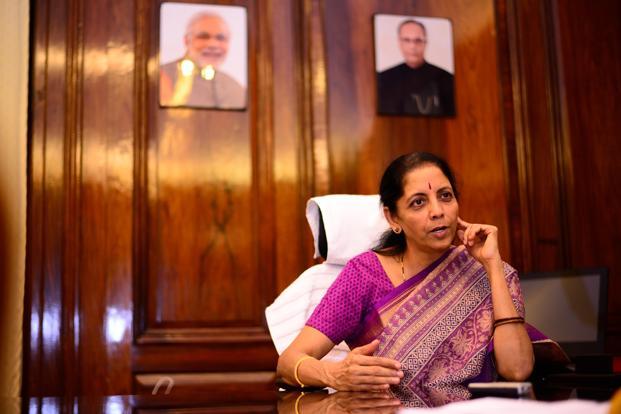
New Delhi: After scrapping plans for defining the marketplace model followed by online retailers in India, the commerce ministry will soon come out with a broader definition of e-commerce.
This has also been necessitated as customs officials are demanding clear rules for the incentives declared under the foreign trade policy (FTP) for e-commerce exports.
A commerce ministry official said the department is in discussion with the department of industrial policy and promotion (DIPP) to finalize a definition of e-commerce.
“After we provided incentive to e-commerce trade under the FTP, revenue department has asked us what is e-commerce as it is not defined under the FTP. We were only looking at bookings through the electronic medium and shipments through couriers but DIPP has proposed to enlarge the definition of e-commerce,” he said.
Commerce and industry minister Nirmala Sitharaman said in an interview that the ministry would come out with a standard definition of e-commerce because states were defining it differently.
Under the FTP 2015-20 released last March, the commerce department for the first time added e-commerce exports to the export subsidy regime. Under the scheme, e-commerce exports through courier services of up to Rs.25,000 for items such as handlooms, books, leather footwear, toys and customized fashion garments and shipped from Delhi, Mumbai and Chennai airports are eligible to receive incentives under the merchandise exports from India scheme.
Mint reported on 8 January that the DIPP has dropped the idea of defining the term marketplace to bring clarity to the now entangled operations of e-commerce platforms, claiming that defining it at a time technology is changing at a fast pace may not be prudent.
Marketplaces are websites that connect buyers to sellers, offering services such as warehousing, logistics and payments. There is no definition of an online marketplace under current FDI (foreign direct investment) laws.
At present, the consolidated FDI policy document defines e-commerce as the activity of buying and selling by a company through the e-commerce platform.
“Such companies would engage only in Business to Business (B2B) e-commerce and not in retail trading, inter-alia implying that existing restrictions on FDI in domestic trading would be applicable to e-commerce as well,” it adds.
Indian laws currently allow 100% foreign investment in business-to-business (B2B) e-commerce but none in traditional multi-brand retail and retail e-commerce—i.e., business-to-consumer, or B2C.
The World Trade Organization (WTO) defines e-commerce as “goods and services crossing borders electronically. Broadly speaking, e-commerce is the sale or purchase of goods or services conducted over the Internet or other computer networks. An e-commerce transaction can be between enterprises, households, individuals, governments and other public or private organizations.”
Having a broader definition of e-commerce has also become necessary because India has started engaging with rest of the world on e-commerce under various treaties.
In the Regional Comprehensive Economic Partnership, India has agreed for information exchange on e-commerce, after initial strong resistance to the move by Japan.
Similarly, reversing its stand against engagement in e-commerce at the Brics (Brazil, Russia, India, China, South Africa) grouping, India agreed to the Framework for Brics E-commerce Cooperation at a summit in Ufa in Russia last year.